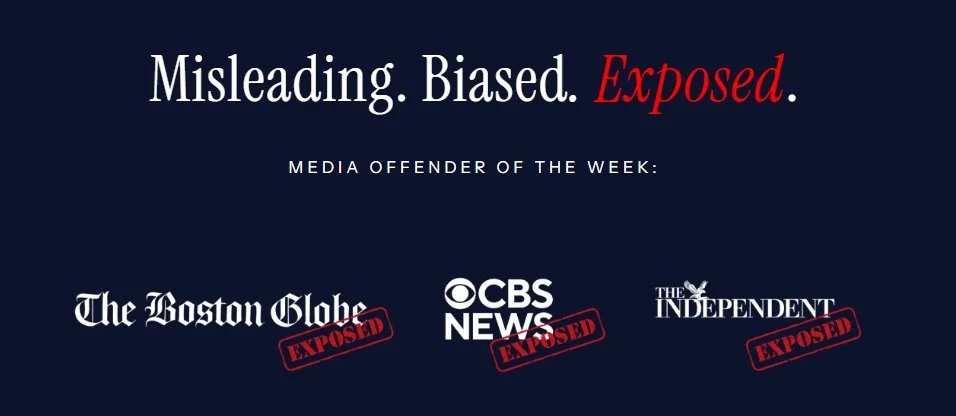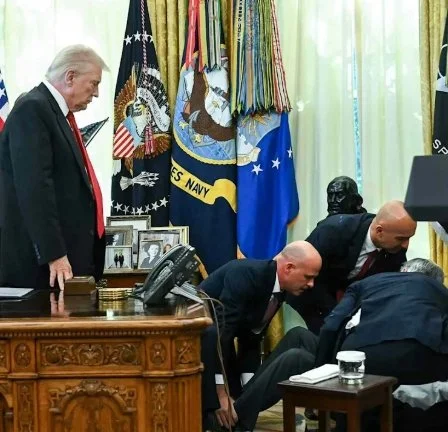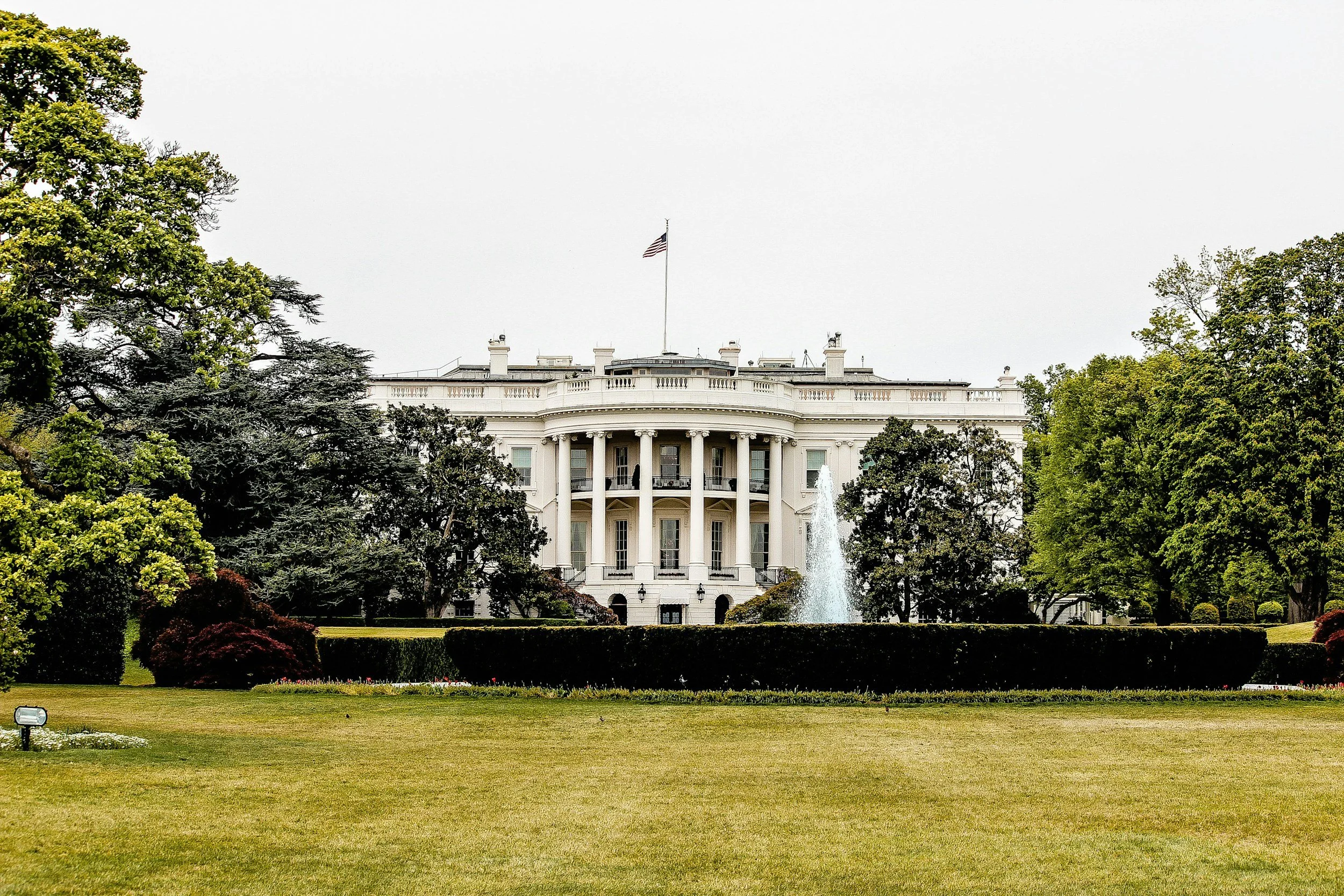Power Without Accountability: The Trump Profile
Donald J. Trump, the 45th and 47th President of the United States, is one of the most polarizing figures in modern political history. Over the course of several decades, he has amassed a legal and ethical record that spans criminal convictions, civil judgments, dozens of accusations of sexual misconduct, and repeated clashes with institutional norms. As of 2025, he has been found guilty in criminal court, liable in multiple civil sexual assault cases, and remains under indictment in several jurisdictions. This article aims to provide a psychological and criminological analysis of Trump using publicly available sources, exploring his behavioral patterns, legal history, and the broader implications for public trust in leadership.
Part I: Legal and Ethical History
Donald Trump’s legal history encompasses criminal, civil, and regulatory dimensions, revealing a persistent conflict with the rule of law and ethical standards expected of a public leader. The scope and consistency of these entanglements suggest more than isolated incidents; they point toward a behavioral pattern rooted in self-preservation, denial, and dominance.
1. Criminal Conviction In May 2024, Trump was convicted on 34 felony counts of Falsifying Business Records in New York. The case centered on hush-money payments mischaracterized as legal expenses to conceal damaging information during the 2016 election. This was not a bookkeeping error but a deliberate effort to subvert transparency and electoral integrity. The conviction marked the first time in U.S. history that a former president was criminally convicted, setting a precedent while also reinforcing concerns about accountability at the highest levels of power.
2. Ongoing Criminal Indictments Trump currently faces charges in three separate jurisdictions:
Florida: Indicted for mishandling classified documents and obstructing justice. The evidence includes allegations of instructing aides to hide or destroy surveillance footage.
Georgia: Indicted under RICO laws for attempting to overturn the 2020 presidential election through coordinated pressure on state officials and fraudulent electors.
Washington, D.C.: Indicted federally for efforts to subvert the electoral process culminating in the January 6 Capitol attack. Charges include conspiracy to defraud the U.S. and obstruction of an official proceeding.
These cases reflect not only potential criminal behavior but a broader willingness to challenge democratic institutions for personal gain.
3. Civil Judgments and Sexual Misconduct Perhaps more telling are the civil judgments against Trump related to sexual misconduct. In 2023, a New York jury found him liable for sexually abusing and defaming writer E. Jean Carroll. While not a criminal conviction, the civil court required a lower burden of proof and still found the testimony and evidence credible enough to award $5 million in damages. A subsequent defamation ruling in 2024 added $83.3 million in additional damages. These verdicts reflect the legal system's acknowledgment of harm and violation of rights, even if criminal proceedings were not pursued due to statutes of limitations or prosecutorial discretion.
In total, at least 25 women have accused Trump of various forms of sexual misconduct. These include allegations of rape, sexual assault, harassment, and inappropriate behavior at beauty pageants. Such a large volume of accusations over a multi-decade span cannot be easily dismissed as politically motivated or coincidental. Instead, they suggest a persistent behavioral tendency toward exploiting power dynamics in interpersonal relationships.
4. Administrative and Civil Litigation Trump's legal footprint extends into administrative law and civil disputes as well. Lawsuits involving defamation, contractual breaches, campaign finance violations, and misuse of executive authority are numerous. His executive actions have been challenged on constitutional grounds more often than any recent predecessor. These cases reflect an adversarial approach to governance, where legal checks are seen not as boundaries but as obstacles to be overcome through force of will or procedural exploitation.
Part II: Psychological Profile and Behavioral Analysis
A psychological assessment of Donald Trump, based solely on public behavior and documented interactions, reveals several traits that raise serious concerns about his suitability for leadership and his likelihood of future transgressions. While this does not constitute a clinical diagnosis, it draws from observable behaviors and consistent personality patterns.
1. Narcissistic Traits Trump demonstrates several characteristics associated with narcissistic personality traits:
Grandiosity: A consistent pattern of exaggerated self-importance. He often positions himself as a singular savior figure, uniquely capable of solving national problems. This perception feeds into a martyr complex when challenged.
Excessive Need for Admiration: He seeks constant validation, both from media and supporters. His rallies, social media presence, and public appearances often center on praise and applause, reinforcing his self-image.
Lack of Empathy: Trump's interactions frequently show disregard for the feelings or dignity of others. His attacks on adversaries, including women, journalists, and even disabled individuals, demonstrate an inability or unwillingness to consider alternative perspectives or the impact of his words.
Fragile Ego: Despite the projection of confidence, his aggressive responses to criticism reveal a deep sensitivity to perceived slights. This has resulted in legal action against accusers and a refusal to concede even well-documented defeats.
These traits make accountability nearly impossible. Narcissists often externalize blame and view challenges as personal attacks, leading to escalation rather than reflection.
2. Antisocial Tendencies Antisocial behavior in this context refers not to shyness but to a pattern of disregarding societal norms and the rights of others:
Manipulation: Trump's efforts to coerce election officials, obstruct investigations, and mislead the public are consistent with manipulative strategies to avoid consequences.
Violation of Laws and Norms: Multiple indictments and one conviction support the conclusion that he is willing to break laws if it serves personal interest.
Lack of Remorse: Trump rarely expresses regret, even when proven wrong or found liable. His apologies, when issued, are often framed as obligatory rather than sincere.
Antisocial tendencies are especially dangerous in leadership roles because they can destabilize institutions through erosion of norms and modeling of destructive behavior.
3. Impulsivity and Poor Emotional Regulation A hallmark of Trump’s public persona is his unpredictability. His impulsivity is evident in multiple domains:
Policy Shifts: Making major policy announcements without consulting advisors or experts.
Social Media Behavior: Posting inflammatory or false statements, often late at night or in response to perceived insults.
Courtroom Conduct: Defying gag orders, criticizing judges, and turning legal proceedings into political stages.
Such emotional volatility undermines rational decision-making and complicates crisis management. In the context of executive authority, it increases the risk of hasty or harmful decisions with far-reaching consequences.
4. Psychological Defense Mechanisms: Denial, Projection, and Rationalization Trump frequently employs psychological strategies to deflect accountability:
Denial: Rejecting factual reality, such as the results of the 2020 election.
Projection: Accusing others of lying, cheating, or corruption—often the same behaviors he is accused of.
Rationalization: Justifying behavior on grounds of patriotism, political persecution, or false equivalency.
These mechanisms provide short-term protection to self-image but erode credibility and inhibit ethical growth.
Part III: Criminological Framework
Criminology offers structured theories to understand why individuals commit crimes and how certain conditions foster reoffending. Trump’s behavior aligns with several major theoretical models.
1. Strain Theory Strain Theory suggests that individuals who cannot achieve societal goals through legitimate means may resort to deviance. Trump's refusal to accept electoral defeat and the effort to retain power through subversion of democratic processes fit this model. The theory emphasizes how perceived injustice or humiliation (e.g., losing the presidency) can provoke illegal attempts to restore one's status or dignity.
2. Routine Activity Theory This theory posits that crime occurs when a motivated offender encounters a vulnerable target without adequate oversight. Trump's manipulation of aides, disregard for classification protocols, and private handling of government documents suggest that he exploits environments with weak supervision. His Mar-a-Lago estate, for example, became a focal point for classified document handling, largely outside formal oversight.
3. Neutralization Theory Neutralization Theory explains how individuals justify criminal behavior to themselves:
Denial of Victim: Suggesting accusers are liars or politically motivated.
Denial of Harm: Framing actions as harmless or exaggerated.
Condemnation of Condemners: Attacking prosecutors, judges, and investigators.
These justifications reduce internal conflict, making future misconduct easier to justify. In Trump’s case, these tactics are often public and performative, mobilizing support and reframing deviance as strength.
4. Power-Control Theory This theory explores how social hierarchies and authority structures influence deviant behavior. Trump’s privilege, wealth, and political influence provide a shield against full accountability. His ability to stall court proceedings, leverage media ecosystems, and mobilize partisan loyalty diminishes the deterrent effect of legal action.
His actions suggest an implicit belief that power should insulate him from consequences. This is dangerous because it undermines public trust in legal equality and emboldens others to test institutional limits.
Part IV: Future Risk Assessment and Reoffending Probability
Estimating the risk of reoffending requires a synthesis of psychological tendencies, environmental triggers, and criminological patterns.
White-Collar Crime and Obstruction Given his prior conviction and the open indictments, the probability of further white-collar offenses is high. Trump has shown a pattern of bending or breaking rules to protect his image or political viability. Without meaningful consequences, this behavior is likely to continue.
Sexual Misconduct While the criminal justice system may never prosecute Trump for past allegations due to procedural limitations, the legal judgments suggest an established pattern of boundary violations. If given continued access to influence or unchecked environments, there is a concerning possibility of future misconduct.
Defamation and Retaliation Civil judgments and ongoing social media behavior suggest that Trump is highly likely to continue targeting critics. He has demonstrated no willingness to moderate speech even after court rulings.
Institutional Destabilization Perhaps the most dangerous risk is structural. Trump has modeled a template for legal defiance and democratic erosion that others may emulate. His ability to undermine faith in elections, courts, and journalism damages the scaffolding of civil society.
Part V: The Question of Trust in Leadership
The crux of this report lies in whether this is a person who should be entrusted with leadership, institutional authority, or significant influence over public life.
1. Accountability Deficit A consistent lack of accountability is antithetical to public trust. Trump denies wrongdoing even in the face of legal verdicts. His justifications are self-serving and avoid introspection or reform. This erodes democratic standards and accountability norms.
2. Institutional Undermining Trump's behavior weakens the credibility of essential institutions. By attacking judges, law enforcement, and the media, he shifts public trust away from neutral arbiters and toward personal loyalty. This reorients public discourse from rules and facts to allegiance and spectacle.
3. Character and Leadership Trustworthy leadership requires humility, responsibility, and service to the greater good. Trump’s leadership model centers on self-aggrandizement and punishment of dissent. His inability to concede, empathize, or admit fault reveals a character ill-suited for collaborative governance.
4. Civic Consequences Trump's influence has mobilized hostility toward marginalized groups, emboldened extremist rhetoric, and incited violence (e.g., January 6). These outcomes cannot be separated from his leadership style, which normalizes confrontation over compromise.
Simply put
Donald J. Trump’s legal entanglements, psychological patterns, and criminological profile reveal a person with a deep resistance to accountability and a propensity for institutional subversion. His behavior is not anomalous but consistent over decades. The risk of reoffending is not speculative—it is supported by patterns, evidence, and judicial findings.
To trust someone with such a record is to disregard not only empirical data but the ethical obligations of leadership. In public office, the stakes are not limited to personal consequence but include national security, democratic stability, and social cohesion.
Entrusting Donald Trump with future authority, in light of this comprehensive assessment, represents a significant gamble against the integrity of democratic governance and the rule of law.












